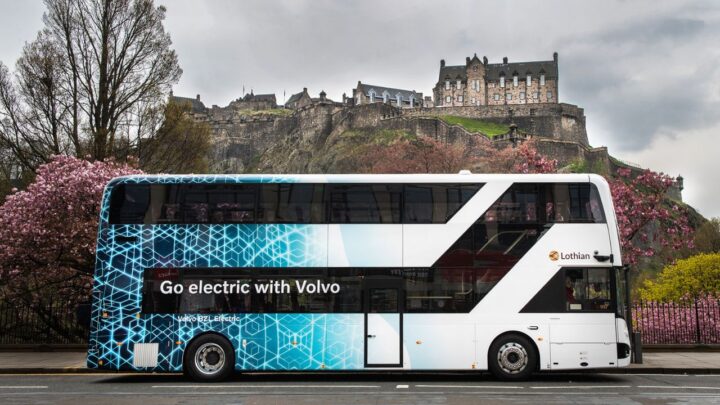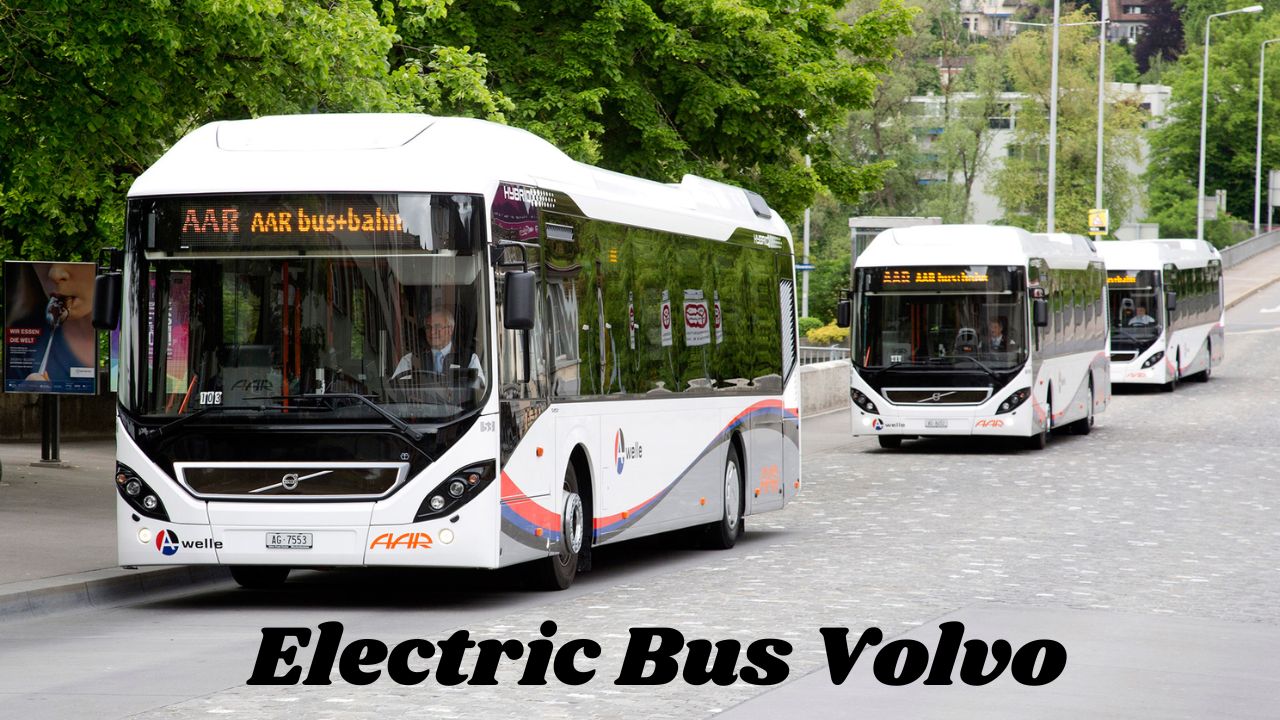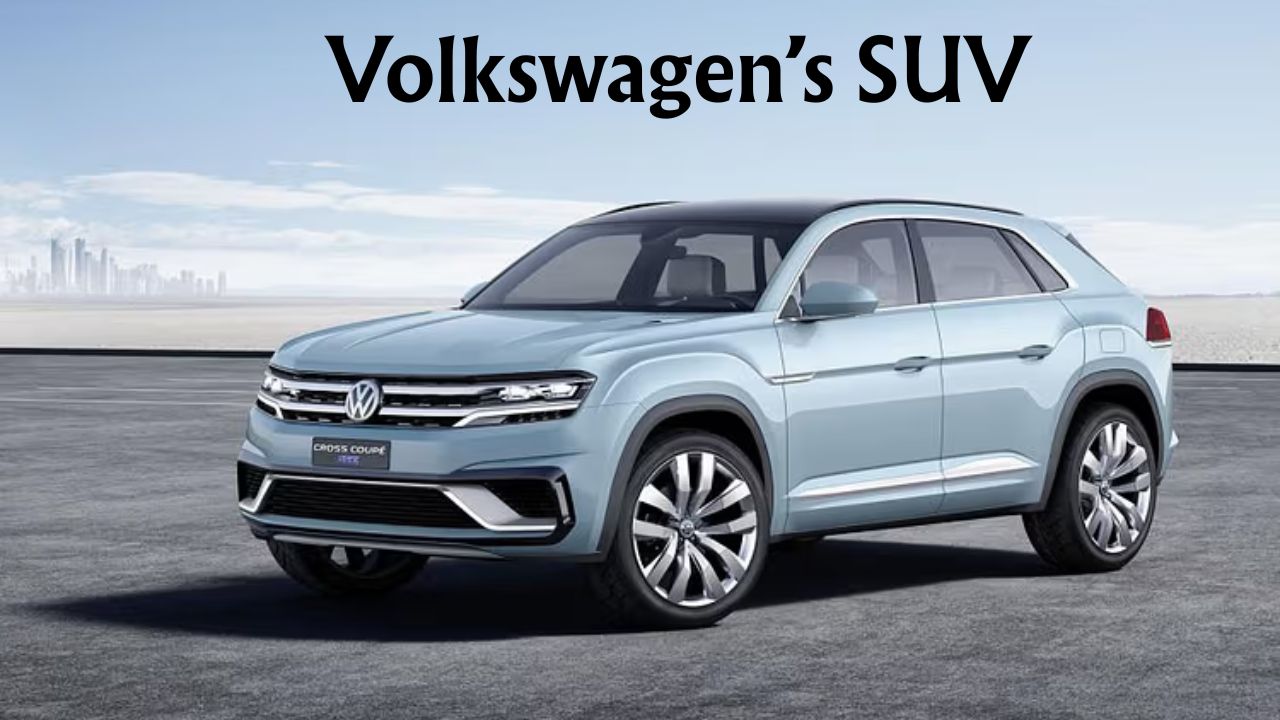Cape Town R2 Billion Electric Bus – Cape Town has just made a groundbreaking move to modernize its public transport with a massive R2 billion investment in 30 new Volvo electric buses. As South Africa faces rising fuel costs, pollution concerns, and commuter dissatisfaction, this electric bus rollout marks a bold step towards a greener, more efficient transport system. The new electric fleet is expected to transform daily commutes, lower environmental impact, and set a new standard for urban mobility across the country. The City of Cape Town has partnered with global electric vehicle leader Volvo to deploy the electric buses as part of its Golden Arrow Bus Services (GABS). This major green transport initiative is aimed at improving public transportation accessibility, reducing carbon emissions, and aligning the city with international sustainability commitments. These new Volvo EVs are expected to operate across high-density routes, targeting areas where commuters often struggle with delays, overcrowding, and unreliable service. The initiative will not only cut fuel costs but also make Cape Town a model for other South African cities. Residents are now wondering how soon they’ll see these sleek new buses on their streets — and how this change will impact their daily lives. Cape Town’s electric bus initiative comes at a time when global cities are racing to electrify transport infrastructure. Let’s dive into the key features of the new electric buses, their routes, benefits, and what this R2 billion decision truly means for you as a commuter.
Overview of the Cape Town Electric Bus Project
This section highlights the key details and scale of the electric bus initiative launched by the City of Cape Town.
- Total investment: R2 billion
- Number of electric buses: 30 Volvo EVs
- Timeline: Full rollout expected by late 2025
- Operating partner: Golden Arrow Bus Services (GABS)
- Goal: Transition to 100% clean energy public transport
- Charging stations: 10 EV fast-charging hubs to be built
- Carbon emission reduction: Estimated 60% decrease in CO₂ per bus
Why This Project Is a Game Changer for Public Transport
With rising fuel prices and outdated fleets, Cape Town’s investment in electric buses signals a complete overhaul of its public transport vision.
- Reduces dependence on fossil fuels
- Increases reliability and efficiency of daily commutes
- Positions Cape Town as a clean energy leader in South Africa
- Makes use of solar-integrated charging hubs
- Sets the foundation for future EV integration across the province
Technical Features of the New Volvo EVs
These 30 Volvo electric buses are packed with smart features that prioritize safety, efficiency, and environmental sustainability.
 MediWheels Empowers Medical Workers with Nationwide Car Delivery, Trusted Brands & Custom Financing
MediWheels Empowers Medical Workers with Nationwide Car Delivery, Trusted Brands & Custom Financing
- Fully electric engine with zero tailpipe emissions
- Battery range: Up to 300 km per full charge
- Charging time: 90 minutes (fast charging)
- Smart regenerative braking system
- AI-assisted route navigation for fuel optimization
- Real-time commuter tracking and digital updates
- Noise-reduction design for quieter city traffic
Breakdown of Key Specifications
| Feature | Details |
|---|---|
| Battery Range | 300 km per charge |
| Charging Time | 90 minutes (fast) |
| Passenger Capacity | 90 (seated + standing) |
| Accessibility | Wheelchair ramps + low floors |
| Safety Tech | Anti-collision, emergency alerts |
| Connectivity | Free Wi-Fi & USB charging ports |
| Emissions | Zero tailpipe emissions |
| Expected Lifespan | 12–15 years |
Routes and Rollout Plan for the Volvo Electric Buses
The city has strategically planned the rollout of the electric buses across some of the busiest and most underserved areas.
- Phase 1: CBD to Khayelitsha route (by December 2025)
- Phase 2: Mitchells Plain and Athlone areas
- Phase 3: Bellville to Cape Town central express lines
- Phase 4: Integration into airport shuttle and UCT transport
- Weekend leisure routes for beaches and tourist hubs
Expected Rollout Timeline and Areas Covered
| Phase | Timeline | Key Routes |
|---|---|---|
| 1 | Dec 2025 | Cape Town CBD to Khayelitsha |
| 2 | Feb 2026 | Mitchells Plain, Athlone |
| 3 | May 2026 | Bellville to Cape Town Central |
| 4 | Aug 2026 | Airport Express, UCT Campuses |
| 5 | Sep 2026 | Clifton, Camps Bay (tourist routes) |
| 6 | Ongoing | Additional feeder routes |
| 7 | 2027 | Full citywide coverage planned |
Impact on Daily Commuters and Environment
The electric buses are not just about reducing emissions; they will directly benefit Cape Town’s 400,000+ daily commuters.
- Estimated 20% reduction in average commute time
- Improved air quality in high-density zones
- Reduced engine noise and vibration for a smoother ride
- Cleaner environment near schools and hospitals
- Lower transport costs in the long term
- More consistent on-time performance metrics
Environmental Benefits Beyond the City
Cape Town’s green transport push is likely to influence national policy and inspire similar projects across South Africa.
- Supports South Africa’s net-zero emissions goals
- Aligns with global Paris Agreement targets
- Encourages private electric vehicle adoption
- Contributes to reduced asthma and respiratory issues

Electric Bus VolvoElectric Bus Volvo
Challenges and Roadblocks Ahead
While the initiative is promising, there are concerns around implementation, cost, and public awareness.
- Initial investment and maintenance costs are high
- Existing infrastructure may not support mass EV adoption
- Staff retraining and driver upskilling required
- Concerns over load shedding and EV charging reliability
- Public awareness campaigns needed to educate riders
What the City Is Doing to Address These Challenges
Cape Town officials have acknowledged the risks and are actively developing policies and partnerships to manage them.
- Collaboration with Eskom and independent power producers
- Back-up battery solutions for critical hubs
- Public feedback forums and app-based complaint tracking
- Inclusion of local SMEs in vehicle maintenance contracts
Departmental Contacts and Support Channels
For citizens looking for more information, support, or feedback on the electric bus project, here are the key contact details:
| Department / Office | Contact Number | Email Address | Office Hours |
|---|---|---|---|
| City of Cape Town Transport | 021 400 4723 | [email protected] | Mon–Fri: 8am–5pm |
| Golden Arrow Bus Services | 0800 65 64 63 | [email protected] | Mon–Sat: 7am–6pm |
| Mayoral Urban Mobility Dept | 021 400 3211 | [email protected] | Mon–Fri: 9am–4pm |
| EV Charging Infrastructure | 021 417 2100 | [email protected] | Mon–Fri: 8am–5pm |
Cape Town’s R2 billion electric bus move is more than just a transport upgrade — it’s a bold statement on the city’s environmental and commuter priorities. With 30 state-of-the-art Volvo EVs set to revolutionize travel in major routes, residents can expect a cleaner, quieter, and more efficient commute by 2026. While there are challenges ahead, the city’s proactive approach and partnerships suggest that this could become a national blueprint for smart urban transport in South Africa.
FAQs of Cape Town R2 Billion Electric Bus
1. When will the first Volvo electric buses start operating in Cape Town?
The first phase is expected to launch in December 2025 on the CBD to Khayelitsha route.
2. Will these buses be free or cost more than diesel ones?
Fares will remain the same initially, with possible reductions once fuel cost savings are realized.
3. Can I track the new buses in real-time?
Yes, a mobile app is being developed to allow real-time tracking and schedule updates.
4. Are these buses accessible for disabled passengers?
Yes, they include wheelchair ramps, low floors, and dedicated spaces for passengers with special needs.
5. What happens if there’s load shedding? Will buses still operate?
Backup battery systems and solar-powered charging hubs are being installed to ensure uninterrupted service.





